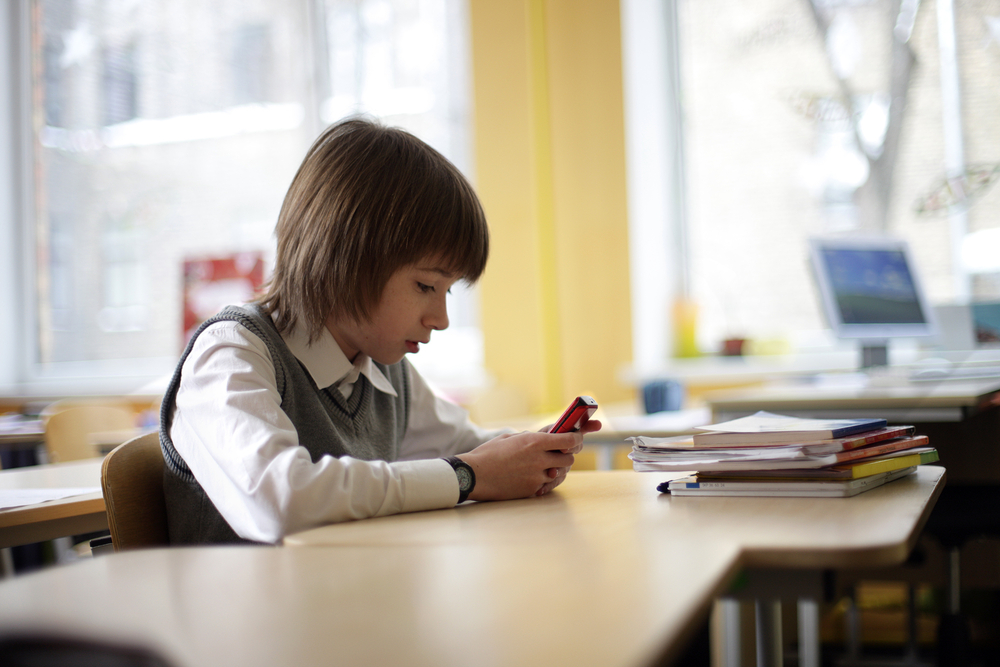Education
Debate grows over using smartphones, social media in classrooms
As children get set to return to classrooms for the new school year, teachers and parents are grappling with the growing role of smartphones and social media in education.
Although provincial ministries of education have written digital literacy into their curricula, the decisions on when and how students use digital devices to support learning during the school day fall under the jurisdiction of each district school board.
“The Internet for a long time has been like the Wild West, where there were no rules, and through digital citizenship we’re trying to shift that attitude and that culture,” said Karen Pegler, a learning specialist in educational technologies for the Calgary Board of Education.
“It’s something that we’re working on.”
As some school boards have not yet developed their own policies, it comes down to individual teachers to decide how they choose to use – or ban – mobile devices and social media in their classrooms.
“I think this is a broader discussion that needs to be addressed in terms of all of our educational facilities: how we use technology in the classroom and what the policies are,” said Sam Kemp-Jackson, a parenting blogger and mother of four based in Toronto.
“I think if you go to one school you’ll find something completely different from the school down the street.
”
Kemp-Jackson, who blogs at http://www.MultipleMayhemMamma.com, and many educators agree that there are benefits to using social media as an educational tool.
Pegler points to one Calgary-based teacher who used Twitter to help commemorate the 100th anniversary of the sinking of the Titanic. The online account was written from the perspective of the ship’s captain and tweets recreated the events on the doomed ship in real time. That Twitter account gave students the opportunity to understand the urgency on board the ship as it sank.
The key for teachers is making sure that all social media interactions are as positive as that one.
The Peel District School Board, just west of Toronto, already has a robust social media policy in place that outlines the responsibilities of teachers in setting an example for students in how to be responsible digital citizens.
The Toronto District School Board, Canada’s largest, is going to follow its neighbor’s example and is working on a city-wide policy to help teachers and parents.
“There is a movement to develop a policy,” said Joseph Romano, a teacher in TDSB who works as a teaching and learning coach with the school board.
“I’ve heard a lot of talk about a policy for bring-your-own-device being developed within the board.”
“I think in terms of looking at it through a teacher’s lens, having something like that where it lays out fundamental ideas or what the core practices could look like, I think that would be beneficial.”
Although the educational benefits of social media are still being evaluated, cyber bullying and other negative online behaviour already fall under general behaviour and discipline guidelines across Canada.
Educators are trying to be proactive and encourage students to be responsible online – just as they would in face-to-face situations – to head off trouble before it begins. That means creating a partnership with parents and opening the lines of communications between adults and children.
“I would encourage parents to communicate… the importance of privacy, the importance of protecting their personal information, their names, where they go to school, how to be contacted,” said Pegler. “Also, we talk about students creating a positive digital footprint.”
“When that student is Googled, what is going to come up? Is it something that will make the student proud, their parents proud, their school proud, their community proud? Or is it something that they’ll be embarrassed about?”






















